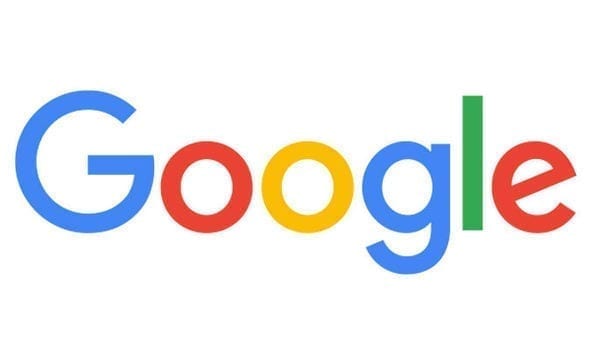
The Google Factor(s) – Part 3
Before his 1941 title boxing match with Billy Conn, the legendary World Heavyweight Champion, Joe Louis – an overwhelming favorite for that fight – said of his opponent’s strategy: “He can run, but he can’t hide.” Louis dominated the boxing ring from 1936 to 1948 in much the same way Google dominates the search engine arena. You don’t want to run from Google, nor do you want to hide from it. But the search engine giant can deliver a knockout blow to your “championship” hopes if you don’t heed its rules and suggestions.
In our previous articles in this series, we talked about content, domain factors, keywords and links. For our final article, we want to talk about page-performance factors, which affect your running speed, and social media, which are more about being seen than hiding.
Running
1. HTML page loading speed is measurable and meaningful. Search engine spiders can estimate page-loading and site-loading speed fairly accurately based on a page’s code and file size, and Google and Bing use it as a ranking factor. We handle a lot of code and file-size issues in the development stage. Speeding up websites is important — not just to site owners, but to all Internet users. Faster sites create happy users, and Google has a number of internal studies showing that when a site responds slowly, visitors spend less time there. One study showed that decreasing page loading time by 70 percent increased page views by 25 percent and revenues by more than 10 percent. There was a corresponding decrease of 50 percent for hardware costs.
2. Minimize your image sizes. If you are adding content to your site through a CMS, you should take care to minimize image and video file sizes. Photographs, for example, only need a resolution of 72 PPI (pixels per inch) for on-screen clarity, and they don’t need to be the 30” x 40” size that some cell phones and cameras save them as. You can use a basic photo editing program to reduce the resolution and physical size and then compress the file to minimize the size. For videos, you can create a YouTube account and upload your videos to that site. That will remove the need for a large file on your and improve your page performance.
3. Too much “stuff” can slow down your page. There a number of factors we take care of in the development stage. For example, too many ads or ads with clumsy coding can cut your speed – and annoy visitors. Ads are a revenue stream, so you want to maximize their availability. You can set parameters for ads, and you can solve some speed issues by making sure ad coding is optimized for speed. The template you choose for your website may have bloated code, and a developer may not be able a lot about cutting out the fat. You should have a developer look at a template’s code before making a final selection. Widgets, such as social buttons or comment areas, can impact your page speed.
Not Hiding
1. Get a boost from Twitter. Google may not follow you directly, but it follows your traffic, including the traffic generated through Twitter. So, the more tweets a page gets, the better it can rank. Encourage your customers, clients and other influencers to retweet links to commercial pages as part of your social media campaigns to increase rankings and use SEO to tie social media activity to revenue figures. The authority of twitter users’ accounts carries weight, too. It’s likely that tweets from older, more authoritative Twitter profiles with lots of followers will do you more good than tweets from newer, lower-influence accounts.
2. Google likes Facebook “Shares.” Google doesn’t monitor “Likes” on your Facebook page, but it does notice Facebook “Shares” of pages from your website. They consider them to be much like backlinks to your site, and those are highly rated. As with Twitter, authority matters, too, when something from your site is shared on Facebook.
3. All social media matter. Google gives a lot of weight to Pintrest, and it probably does the same for Instagram and LinkedIn. Those social media work a lot like Twitter and Facebook in their ability to enable networks of people send links to your page through multiple networks. Some experts think that Google doesn’t put as much stock in Google+, but that’s difficult to swallow. It’s their product. We do find that Google+ can be effective for local searches.
(Not-so) Final Word
The factors that contribute to higher Google search rankings are fluid. They can’t stand still because the industry always develops better data to rank pages, and because it’s better to prevent website operators from “gaming the system.” It gives us all an incentive to design and develop quality websites and strategies to drive traffic to them.
A website and a digital marketing program are tools to keep your business running and to make sure you are not hiding in plain sight. We can help you design and develop a website that meets your marketing needs and Google’s SEO requirements. We can complement your website with digital marketing campaigns, including email blasts and pay-per-click advertising. If you’d like to start a conversation now, we invite you to contact us at 888-978-9254, or by sending an email using our website contact form. We love to talk about marketing, best practices for SEO programs, brand messaging and content strategy.
